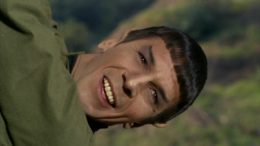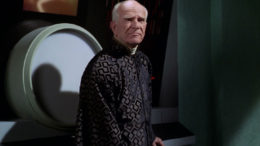Those 70s Toys – The Return Of Mego Star Trek
The year was 1974. Richard M. Nixon was President. Stamps were ten cents. $11,197, now the cost of college tuition, was most people’s salary. Star Trek fans were enjoying the show on television re-runs and at toys stores. During the 1970s, Mego was the leader in action figures and toys with movie or television themes, from Planet of the Apes to Marvel Comics. Mego’s Star Trek toys are among the most collectible items from the 23rd Century. Toys included the amazing USS Enterprise playset with working transporter or the Mission to Gamma VI environment. Mego continued to make Trek toys through the 70s including figures for Star Trek The Motion Picture. Mego closed its doors in 1983, but now these classic Trek toys are back and as good as new (because they are new).




